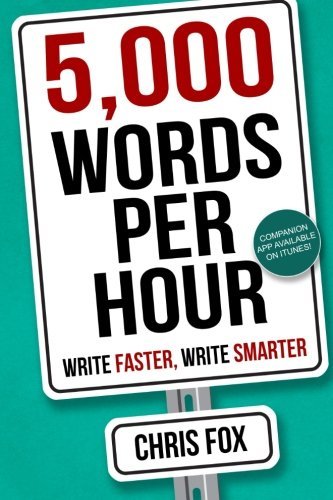What do you think?
Rate this book


118 pages, Paperback
First published June 18, 2015
Words per hour is the first and most important metric in the long run. There are only so many hours in the day, and if you want to make a living with this whole writing thing you need to maximize those hours. That means getting as fast as possible, which is the whole point of this book.
The key is constant, incremental progress. Each day needs to be better than the last.